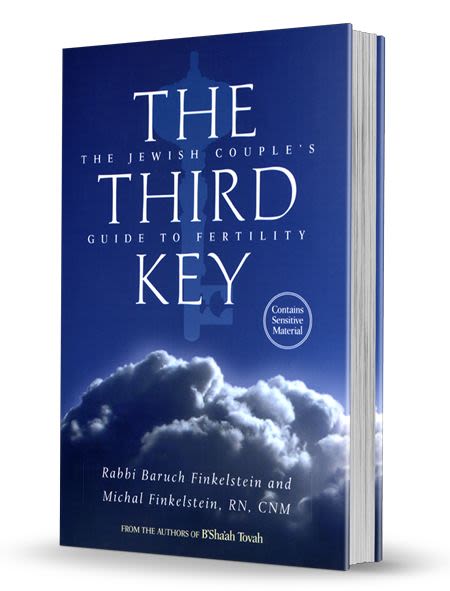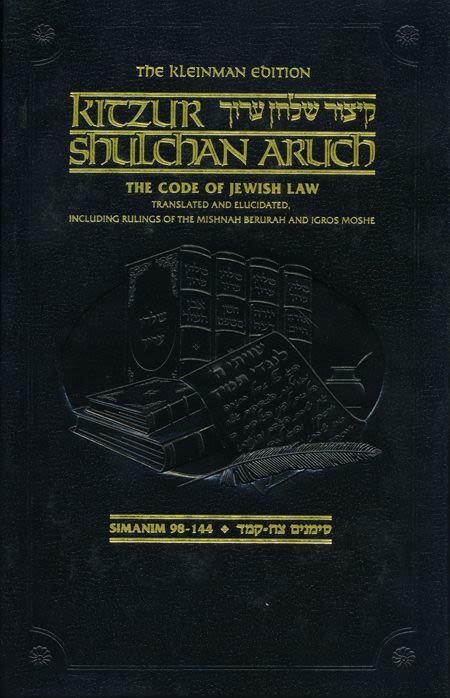
Ki Teitzei: The Double Standard
"When a person speaks about another person, it resembles Rosh Hashanah, the Day of Judgment. Therefore, one must look carefully at himself if he has the...

"You shall not have in your pocket a weight and a weight" (Devarim 25:13).
Before the age of the digital and mechanical scales, people conducted their business with balance scales, where an exact predetermined weight was placed on one side, and the goods were placed on the other side. So, when a storeowner put a one-pound weight on one side of the scale, and six tomatoes on the other side of scale, if the sides of the scale stood perfectly balanced, then the owner and the customer both knew that they were conducting a transaction over one pound of tomatoes.
Dishonest merchants used to walk around with two sets of weights in their pockets. For selling, they'd use a deficient weight; for example, their one-pound weight might have weighed only fifteen ounces instead of the prescribed sixteen. The average customer wouldn't discern the deficient ounce and would be cheated by six percent, paying for sixteen ounces, but receiving only fifteen.
On the other hand, for buying, the dishonest merchant would have a one-pound weight that weighed seventeen ounces. When he'd buy tomatoes from a local gardener, he'd pay for sixteen ounces, or one pound, but by using a false weighing stone, he'd get seventeen ounces of tomatoes thereby cheating the gardener out of an ounce. Such dishonesty is not only a blatant violation of Torah law punishable by lashes, but it is also called an abomination.
Two sets of stones not only refer to cheating in commerce, but symbolize a double standard between the way we judge ourselves and the way we judge others. Naturally, human beings are subjective – lenient with themselves but stringent with others. We have fifty four reasons why we neglected to return another person's greeting – we were preoccupied with pressing matters, we were guarding our eyes, we were reviewing the day's learning in our mind – the list goes on and on. Yet, if someone else fails to return our greeting, we're devastated. We accuse the other person of arrogance, of snobbery, and are ready to throw the book at him or her.
The double standard is downright dangerous. Notice that the subject of two weights – the overweight and the underweight – appear in Parshat Ki Tetzei which always comes out in the middle of Elul when we're preparing for Rosh Hashanah. Rebbe Nachman of Breslev writes (Likutei Moharan II: 1.14), "When a person speaks about another person, it resembles Rosh Hashanah, the Day of Judgment. Therefore, one must look carefully at himself if he has the right to judge the other person." Rebbe Nachman explains that no one has Hashem's measure of mercy, and therefore no one can judge his fellow man as mercifully as Hashem. What's worse is that when we judge others stringently, according to our non-merciful standards, we forfeit – heaven forbid – Hashem's loving mercy, for a person is judged the same way as he or she judges others.
Either we should judge others with at least the same leniency that we judge ourselves, or refrain from judging them altogether. Sometimes, even learned people fall into the trap of judging others on a different standard as they'd judge themselves, as we'll see in the following parable:
The shtetel's quaint congregation was in the middle of the Sabbath Torah reading when all of a sudden a group of nine- and ten-year-olds flew into shul (synagogue) like a whirlwind, their Shabbat clothes muddied from cuff to collar. They ran up to the rabbi and exclaimed, "Rabbi, rabbi, a cow fell into a pit! What do we do?"
The rabbi eyed the little urchins impatiently and said, "No one must touch the cow! Livestock are muktzeh (untouchable) on Shabbat!" Dejected that the cow might die, the little boys went back outside.
A few minutes later, a group of pre-Bar Mitzvah age boys barged into shul, their Shabbat clothes looking no better that those of the younger boys. They too ran up to the rabbi, interrupted the Torah reading, and cried, "Rabbi, rabbi, a cow fell into a pit! What do we do?"
The rabbi reprimanded the boys that if they would have spent more time in shul and less time in the mud and the haystacks, they would know their Shabbat laws better. "The Shulchan Aruch specifically says in Orach Chaim chapter 308, clause 39, that one may not move or lift animals on Shabbat; they're muktzeh! Now either sit down and open a Chumash, or get out of here!" All the boys opted for the latter.
Three minutes transpired, and a group of young women gathered outside the plank-board shul. Their cacophony completely drowned out the Torah reading. The rabbi closed the Torah temporarily and called out of the window, "What's all the commotion! Can't you respect the Torah and remain silent?"
The young women blurted, "Rabbi, rabbi, a cow fell into a pit! What do we do?"
"Nothing!" the rabbi shouted. "I already declared three times that one must not lift or move an animal on Shabbat – it's muktzeh!"
Two more minutes passed by, and a fourth group of frantic congregants came to inform the rabbi of the cow that fell into the pit; only this time, they had an additional piece of vital information: "Rabbi, rabbi! It's your cow that fell into the pit!"
Without batting an eyelash, the rabbi declared, "Call Ivan the caretaker, and tell him that I said to pull the cow out by the horns!"
As soon as the rabbi heard that his cow was the one that had fallen into the pit, he had no problem pulling a string of halachic dispensations from his sleeve…
Now is the time of year to be lenient with others and strict with ourselves. By throwing away the double standard, we invoke Divine Compassion for a favorable judgment of an inscription in the Book of (a long and happy) Life, amen!










Tell us what you think!
Thank you for your comment!
It will be published after approval by the Editor.